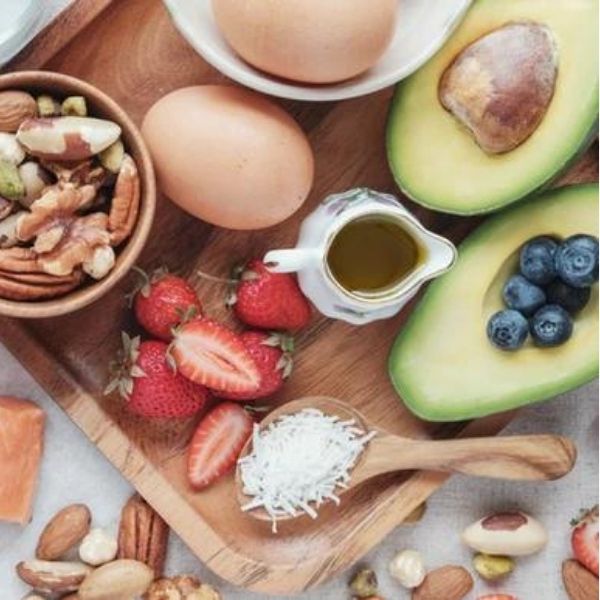Remember the saying “You are what you eat”? Well, it has some truth to it. No, I don’t mean that you will turn into your favorite food, but your body chemistry does change depending on what you fuel it with.
Let’s start with inflammation. The inflammatory process is a good thing- it helps to identify injuries and infections in your body and sends the proper fighters (white blood cells) to help you heal. But what happens after the healing is completed but the inflammation persists? Over time, a build up occurs. I often tell my patients too much of a good thing isn’t necessarily a good thing, and this is just one example of that. The build up of inflammation causes damage to healthy cells in your body that can lead to pain in your muscles and joints. As a side note, chronic inflammation also increases your chances of having other conditions such as heart disease and diabetes.
So you may be wondering how your diet affects inflammation in your body, so let’s go back to the saying “you are what you eat”. If the food you are putting into your body is naturally inflammatory, the cycle of inflammation will continue. So here are some foods that are known to be inflammatory that you should limit as part of your diet:
-refined carbohydrates (white bread, white pasta, pastries)
-soda and other sugary drinks
When patients come into the office with chronic pain, we typically make good progress quickly but at a certain point, the patient reaches a plateau where they are feeling about the same for 2-3 visits in a row. This is usually when we discuss lifestyle changes with the patient and educate them on why we want them to change a few things and the effects it will have on their body. This is just one example of the things we discuss when you hit that plateau. Here are a few foods that are known to be anti-inflammatory in nature and can help reduce the inflammation in your body and over time, decrease the pain you are experiencing:
-green leafy vegetables (spinach, kale, broccoli)
-fruits (blueberries, cherries, strawberries)
We want this to be a sustainable change that you can stick to and improve over time so often, we recommend slowly cutting things that you enjoy. Let’s say you drink 2-3 sodas everyday, we will ask you to cut that in half and replace it with something else. Water would be the best option but some people don’t enjoy plain water so sparkling water has carbonation similar to soda but without the sugar content. This is a great time of year to get fresh fruits and vegetables in WNY, so find a local farmer’s market to purchase them at. Getting the whole family involved could make the transition easier, so ask your significant other or children to help! Moderation is key, just like with all things in life so start slow and work your way to a healthier lifestyle. If you need some help on where to start or have questions, ask your provider at your next appointment!





